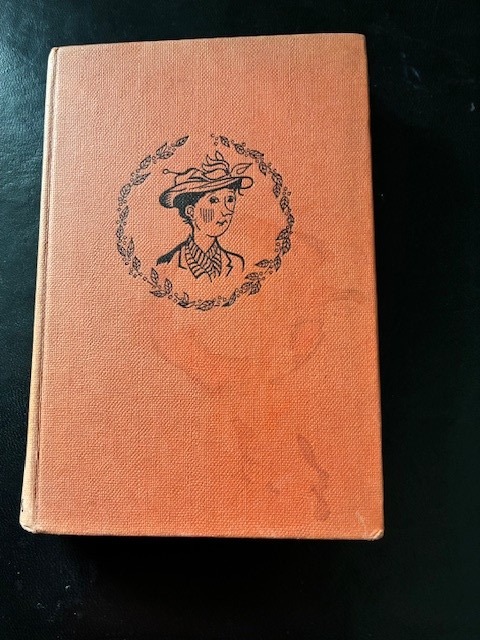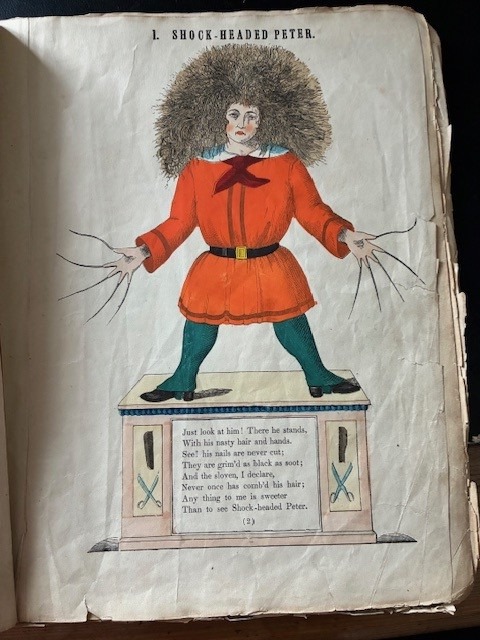Politicians often tell us that “diversity is our strength”. It sounds reassuring, but it raises an important and, in my view, rarely explored question: diversity of what, exactly? Perspectives, values, behaviours, customs, languages, ethnic backgrounds, religions – or all of the above? The answer matters, because different kinds of difference are not equally easy to weave into a socially cohesive whole. If diversity is genuinely to become a strength, leaders must articulate far more clearly to us what they mean by it and how they intend to make it work.
Some forms of diversity sit comfortably alongside one another. People from varied ethnic backgrounds may share a religion, a political outlook, or a commitment to common laws and customs. Others may hold very different beliefs yet still agree on basic civic norms. The challenge for leadership, whether of a country, community, congregation or organisation, is not simply to celebrate difference but to be clearer how a population with diverse histories, beliefs and practices can be united sufficiently to function as a stable, cooperative society. Recent surveys have suggested that Gen Z are experiencing loneliness and isolation and also that few feel proud of this country, nor would fight for it. A leader needs to provide a goal, vision and strategy that people of diverse ages and backgrounds can buy into and then inspire them to unite and go on that journey with them.
My suggestion would be to start with what we have in common. Across cultures we live in families, seek meaning, have dreams and aspirations for ourselves and others. Peace, economic stability, functioning institutions, good health and educational systems benefit us all. In an era of intense focus on multiculturalism, it is easy to lose sight of our common humanity, yet it is precisely here that social cohesion begins.
Respect for difference is often presented as a central requirement of living together, and being open to listening to alternative views is indeed essential. However, respect cannot mean the suspension of hard-won legal and moral principles. Politicians who appear willing, in the name of change or multiculturalism, to tolerate practices that undermine women’s rights, equality before the law, or protection from violence risk alienating large sections of the population. Even those who disagree with a leader politically tend to respect clarity of principle and the willingness to defend social and legal advances. After all, this is how civilisations are created – by building, generation upon generation, on what is learnt and developed over history, in the form of knowledge, science, medicine, technology, culture, music, art and wisdom.
These achievements were not inevitable and they remain fragile. Protecting them requires leaders who are prepared to state plainly that while beliefs and customs may differ, the legal framework and basic rights within a society are non-negotiable. However, many politicians appear reluctant to speak up on this. Freedom of speech itself feels increasingly constrained even for those in government, and difficult subjects are often avoided for fear of causing offence. Yet no problem can be addressed if it is not examined honestly, put under the laboratory lamp, investigated, analysed and subjected to a multitude of potential solutions. If a problem is pushed under the table and not discussed objectively it will never be solved. Open, evidence-based debate is not an act of hostility towards any group but a prerequisite for maintaining public trust. Without trust, and some sense of belonging to a land we value, we lose the sense of our shared humanity and too easily divide into factions.
In a short, myopic and complacent moment, we thought we had come to the end of history and that liberal democracy would be the future. Yet from the erosion of women’s rights in parts of the Middle East and Afghanistan, to religious violence in Africa and the rise of authoritarianism more broadly, we are reminded that we cannot take democracy for granted. The huge demographic change that has taken place in many countries over my lifetime has altered the assumptions that once underpinned everyday social interaction. The values, norms, customs, relationships and perspectives of individuals differ significantly from whether they were born in London or Delhi, Jeddah or Lagos, New York or Beijing. As the psychologist Professor Steven Pinker has observed, societies rely on a degree of shared “common knowledge” – unspoken understandings about norms, laws and customs, including humour. When those assumptions fragment, cooperation becomes harder.
It is time for political and religious leaders alike – across all faiths and none – to help us shape this evolving society. We need more leadership as to how we now think about ourselves, in order to collaborate for the good of the individual and the community as a whole. We can’t let diversity tear us apart so it is time for leaders to demonstrate, in practice and not just in rhetoric, how that strength of which they speak can be achieved. How, if we disagree about politics, theology or culture, we can still commit to a shared life in a social community, that is grounded in mutual responsibility and where the benefits of diversity are transparent and can flourish.
Diversity can be a strength when one is problem-solving. I have witnessed in jury service and in business environments, times when different perspectives, drawn together openly in a creative process, such as Edward de Bono’s Six Hat Thinking or as described in Matthew Syed’s book Rebel Ideas: The Power of Thinking Differently, can produce insightful results. However, there must be sufficient common ground and understanding to ensure that in that process people are indeed on the same side and have the same goals and intentions. This takes care, sensitivity and leadership.
To unite a whole country or community who have diverse beliefs, cultures, customs and histories a leader needs first to remind us of our common humanity, then motivate us to unite in shared goals. I have not seen this kind of leadership anywhere in the world so far. I truly hope I shall witness more of it in 2026.



